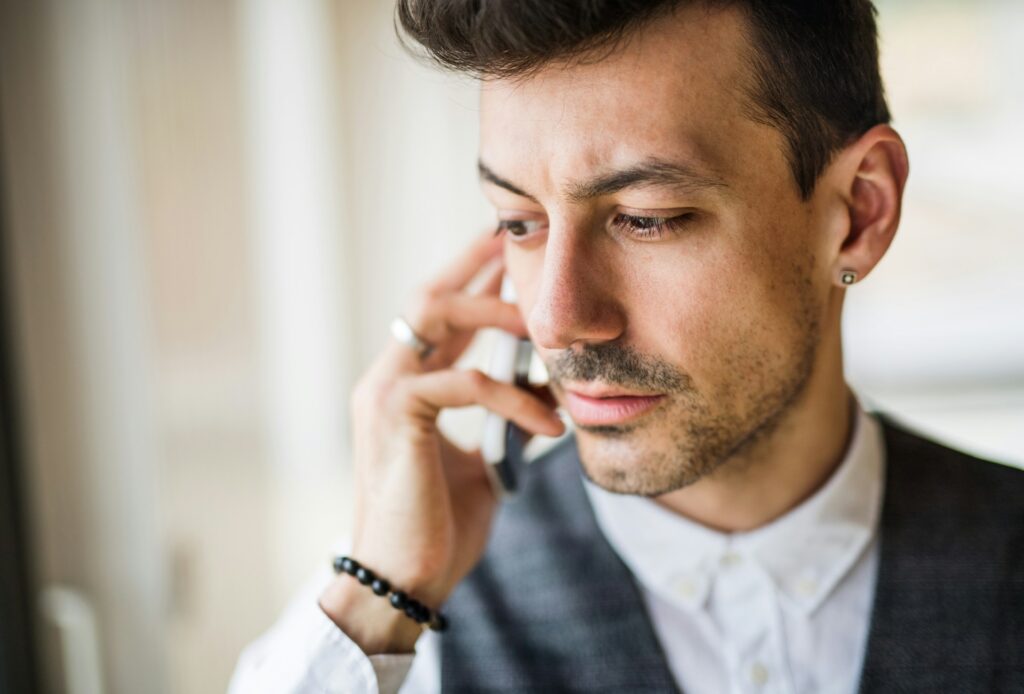Taking time for yourself shouldn’t feel like a luxury—it should be part of a balanced, healthy life.

But for many of us, carving out time to relax or do something we enjoy can feel like an indulgence, and we end up feeling guilty about it. Whether it’s guilt over not being productive or the pressure to always be available for other people, it’s easy to let self-care fall to the bottom of the list. The truth is, taking time for yourself is not just important, it’s essential. Here’s how to stop feeling guilty and start enjoying the benefits of downtime.
Recognise that self-care isn’t selfish.

The first step to stopping the guilt is realising that taking care of yourself isn’t a selfish act—it’s a necessary one. When you make time for yourself, you’re actually investing in your well-being, which makes you better equipped to handle life’s challenges. It might feel like you’re taking time away from work or other people, but in reality, giving yourself the space to recharge helps you be more present and productive in the long run.
Remind yourself that rest is productive.

We often think of rest as wasted time, but the truth is that rest is a form of productivity. Resting and recharging your mind and body is necessary for maintaining focus, creativity, and emotional well-being. In fact, you’re likely to be more effective in your work, relationships, and personal life after giving yourself the time to unwind. So, instead of seeing it as a break from being productive, think of it as an essential part of your overall productivity.
Stop measuring your worth by how busy you are.

It’s easy to fall into the trap of thinking that the busier you are, the more valuable you are. But this is an unhealthy mindset. Your worth isn’t tied to how much you accomplish or how much you do for other people. It’s important to shift your perspective and realise that you deserve time for yourself simply because you’re human, not because you’ve earned it by checking off a to-do list. Learning to value yourself for who you are, not just what you do, helps reduce feelings of guilt when you take time for yourself.
Understand that you can’t pour from an empty cup.

One of the most important reminders when you’re feeling guilty about taking time for yourself is that you can’t help other people or do your best work if you’re running on empty. Just like a cup can’t pour water if it’s empty, you can’t give your best to everyone else if you haven’t taken the time to recharge. Self-care is the key to refilling your cup, so you can show up as your best self in every aspect of your life.
Set clear boundaries and stick to them.

Another way to reduce guilt is by setting clear boundaries. If you’re always available for other people and never say no, it’s easy to feel overwhelmed and guilty when you try to take time for yourself. Practice saying no when necessary and make sure to set aside time for yourself, whether it’s an hour every evening or a full day each weekend. By setting and respecting your own boundaries, you create space for your well-being without feeling guilty about it.
Accept that you don’t always have to be “on.”

In our busy, always-connected world, it can feel like you have to be constantly “on”—always available, always productive, always engaged. But the truth is, it’s okay to turn off and unplug. Taking time for yourself means allowing yourself to step back from the pressures of work, social media, and the demands of daily life. It’s okay to take breaks without feeling like you’re missing out or falling behind.
Stop comparing your self-care routine to other people’s.

It’s easy to feel guilty when you compare your own self-care routine to other people’s. Maybe someone you know spends hours at the gym every week or practices yoga every morning, and you feel like you’re not doing enough. But the truth is, self-care looks different for everyone. What works for one person might not work for you, and that’s perfectly okay. Find what helps you relax and recharge, whether it’s reading a book, going for a walk, or simply having a nap. There’s no right or wrong way to practise self-care.
Realise that taking time for yourself helps other people, too.

Taking time for yourself isn’t just good for you—it’s good for the people around you, too. When you make time for self-care, you become more present, more patient, and more able to give your best to the people in your life. In the end, taking time for yourself is an act of kindness not only to yourself but to those you love and care for. So, instead of feeling guilty, remind yourself that by caring for yourself, you’re ultimately able to care for other people more effectively.
Embrace the fact that you don’t need to justify it.

You don’t need to justify why you’re taking time for yourself. It’s not something you need to explain to anyone or apologise for. Everyone deserves time to rest and recharge, no matter their responsibilities. Taking care of yourself isn’t something you need to earn, it’s something you deserve. Letting go of the need to explain or justify your time off can help ease the guilt and make self-care a normal part of your routine.
Make self-care a habit, not a luxury.

Finally, the key to overcoming guilt is to make self-care a regular part of your life, not something you only do when you “have time.” When self-care becomes a routine, it doesn’t feel like a treat or a luxury; it’s just part of the way you take care of yourself. Whether it’s taking a walk, journaling, or simply enjoying a quiet moment, make sure to prioritise your well-being every day. The more you do it, the less guilty you’ll feel about taking time for yourself.


